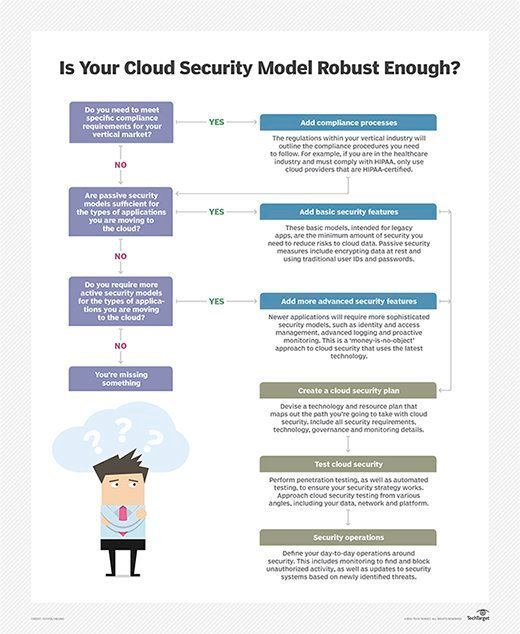

I had countless discussions on each of these - and it was right to approach the cloud with caution, as it was new and people had little or no experience of it. Pioneering stuff - and all of this is thanks to a Government with a very well thought out system whose back-ends are connected via the cloud.Īn ‘innovation rules' attitude and fewer bears on the road in the Middle East When I look back on my days working as a cloud strategist in Europe or the US, I recall an over-riding sense of ‘concern' about the cloud, mainly over the issues of security, data-sovereignty and privacy.
Ispeak cloud security license#
Have you ever tried to get a driver's license delivered in 12 minutes? I can testify that it's achievable in Dubai, from the eye-test to getting the driver's license in my hand. Personally, I feel they are very well on track to get there. The UAE has its sights firmly set on becoming the world's most efficient and fastest-growing economy, and cloud services are a key component of the regional strategy to achieve this goal. Living in Dubai in the United Arab Emirates, I admit I am deeply impressed by the level of IT services provided by all Government agencies under the supervision of His Highness Sheikh Mohammed bin Rashid Al Maktoum, UAE Vice President and Ruler of Dubai. The private sector is not alone in this pursuit however - Government entities are also very focused on updating citizen service delivery in the same way. The extreme business focus on end-customer satisfaction Many of the local flagship corporations like Emirates Airlines, DU, Etisalat and Jumeirah Group seem to be leveraging cloud solutions to bring their end-customer services to the next level from accessing detailed passenger preferences to provide greater levels of in-flight satisfaction through to faster and more secure delivery of media content to end-users.

You can feel the cloud-spirit among SMEs and larger companies when you visit business and IT events - the cloud is viewed as a means for the region to catch up with the rest of the world, by just skipping a number of cycles that other parts of the planet went through. The attitude and eagerness of Middle Eastern companies and governments to climb up the economic ladder by learning from other parts of the world By nature this area is highly capital-rich and focused on long-term expansion. I believe there are three key reasons why the cloud has a bright future in the Middle East. Now I live and work in the Middle East, I see that the cloud is coming to the region fast - every C-level executive I speak to has it clearly fixed on their agenda, and given the entrepreneurial nature of the people in this part of the world, the cloud is being used in really creative and new ways. I learned this in my years in my previous role as Microsoft International Cloud Strategy Director, when I was at the forefront of many of the first large-scale cloud adoptions. In fact, in this pragmatic part of the world, it could well be an advantage. This region may be seen by some as behind the curve when it comes to adopting the cloud - but experience tells me this is not such a terrible thing.

Evidence from IDC and other industry players points towards an upward trend in IT spending, cloud traffic growth rates and cloud data center traffic in the Middle East and Africa region over the next few years. But it is changing rapidly and more and more clouds are appearing. The Middle East and Africa has been an almost cloudless world for the last few decades.


 0 kommentar(er)
0 kommentar(er)
